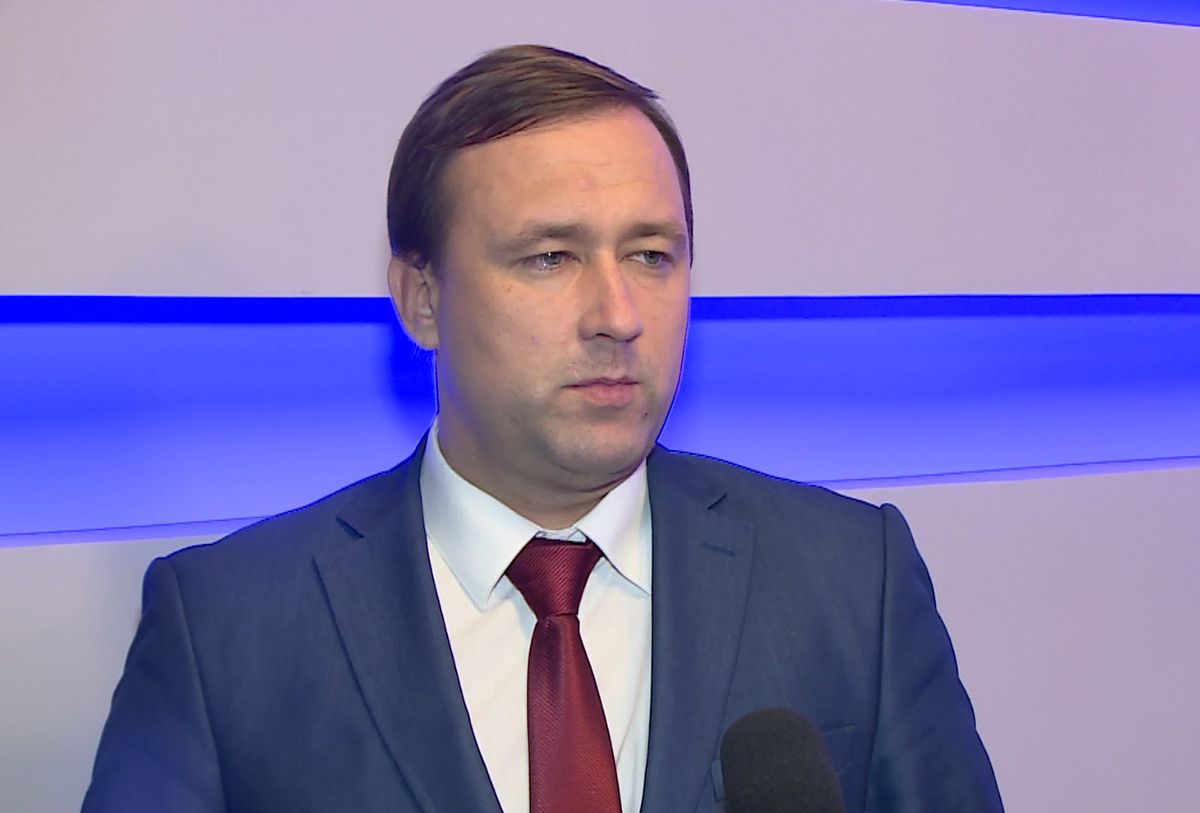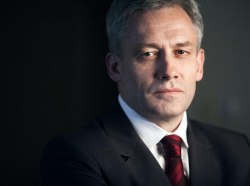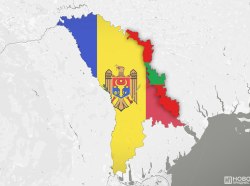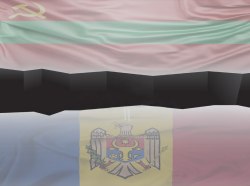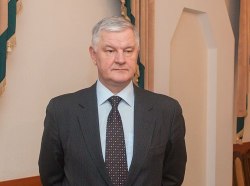Bendery agreements and a meeting in Vienna are a chain of strategic steps taken, among other actors, by Pridnestrovian diplomats. Having signed humanitarian protocols, Pridnestrovie has withdrawn from the negotiating agenda the issues which Kishinev had used against the PMR for decades. Therefore, Moldova can block the compromise decisions. This was stated by the director of the political research bureau Mediator, Sergey Shirokov, on Pridnestrovian TV.
According to the pundit, the current political year was difficult. All the parties involved in the Moldo-Pridnestrovian conflict had absolutely different purposes, tasks and agendas at the start of the year, Shirokov notes.
In such circumstances, it was almost impossible to find a compromise, he says, citing the behaviour of one of the mediators (OSCE) and the position of Moldovan partners, which repeatedly changed during 2017.
In the summer, the negotiating process in the "5+2" format was in a stalemate. The OSCE, which is tasked to convene "5+2" meetings, actually withdrew, citing the lack of results in the negotiations between Tiraspol and Kishinev.
"Austria's OSCE chairmanship could be more efficient. This was exemplified by Germany's chairmanship in 2016. The Austrians could react more actively to the events that took place in the region in 2017. This refers to the establishment of joint Moldo-Ukrainian posts, which caused an extremely negative reaction in Pridnestrovie," explained Shirokov.
However, if the "5+2" format has failed to achieve specific results because of the unwillingness and inability of the Austrian OSCE chairmanship, the sides have come to historical agreements in the "1+1" format.
The Bendery agreements and Vienna meeting, according to the expert, are "a chain of certain logical and strategic steps" taken, among others, by our diplomats as well. Today, according to him, there is a shift from the tactics of "small steps" — which, according to Shirokov, had drawn Pridnestrovie to Moldova's jurisdiction — to the concept of important deeds. The pundit recalled that this had been discussed by Russian diplomat Igor Karasin and Pridnestrovian President Vadim Krasnoselsky.
In early November, the parties signed an agreement to resume a motor traffic across the bridge near the villages of Bychok and Gura Bicului. The agreement to open the bridge was reached after President Krasnoselsky had sent a letter on 16 October to the participants of the "5+2" format with a request to establish cooperation in the transport and customs spheres, suggesting the resumption of a motor traffic across the bridge.
On 15 November, the chief negotiators of Moldova and Pridnestrovie signed four more agreements concerning the settlement of problems in the field of education, communication and agriculture. It should be noted that these agreements had become a prologue to the meeting of the "Permanent Conference..." in Vienna, which resulted in the commitment of the parties to resolve the issue of the participation of Pridnestrovian vehicles in the international traffic and work out a mechanism to implement the agreements.
Shirokov notes that the humanitarian issues on which the protocols were signed had been included in our negotiating agenda. Most of them did not meet our interests, Shirokov believes.
By the way, Kishinev had always deemed the issue of Romanian-language schools to be Pridnestrovie's weak point and had never missed an opportunity to use it without caring much about the children attending them. Another issue was the leasing of land by Moldovan farmers in the Dubossary District: the Moldovan authorities had long sought recognition of this land plots as the private property of Moldovan residents, thus defeating Pridnestovie on its own field.
"We were pressured by Moldova, by our international partners, and this was like a burden on the negotiating agenda. Having signed these protocols, we have withdrawn from the agenda the issues that had been therу for decades. We have crossed that line. Today these issues do not prevent Pridnestrovie from moving on," believes Shirokov.
The Moldovan side, however, may try to block further negotiations. This is suggested by Vision, the pundit supposes, a document about the absorption of the PMR, drafted by the Moldovan authorities with the involvement of civil society representatives.
The emergence of Vision, Shirokov says, resembles a 2016 situation. Back then, on returning from Berlin, where a serious protocol was signed, the Moldovan negotiator began to torpedo its implementation, citing the position of civil society.
"We know that this position was actually emitted by several dozens of Moldovan NGOs, which allegedly made an appeal to the Moldovan negotiators to stall the implementation of the Berlin protocol," the pundit recalls.
"Today we see a kind of distorting mirror. Last year Moldovan civil society banned the Moldovan negotiators from implementing the Berlin Protocol. Today, very synchronously again, after signing the very serious documents in Vienna, after outlining negotiating policies for 2018, there appear new document, new initiatives which may block the compromise decisions, block the agreements reached in Berlin and Vienna," speculates Shirokov.
According to him, it is similar to a planned PR action by those who do not like the process of Moldo-Pridnestrovian settlement, in which Pridnestrovie has taken an active initiative position.

